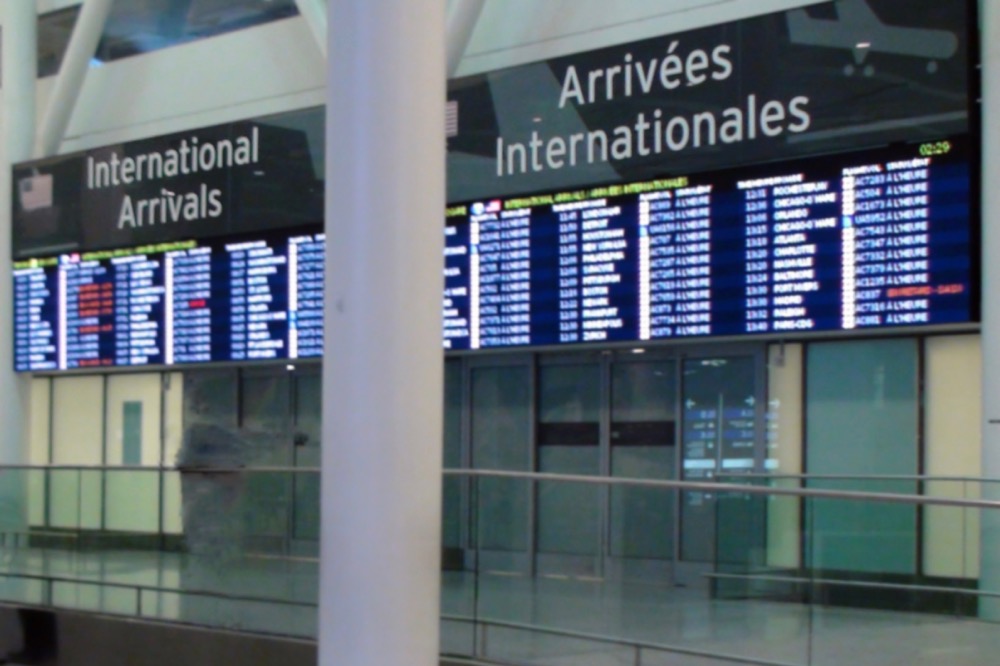The federal program helping employers of temporary foreign workers (TFWs) cover the costs of isolating new workers for two weeks on their arrival in Canada has been extended through November.
Agriculture Minister Marie-Claude Bibeau announced Monday that the Mandatory Isolation Support for Temporary Foreign Workers Program will now run to Nov. 30, as the government extends its COVID-19 pandemic-related orders under the federal Quarantine Act to the same date.
The program provides up to $1,500 per TFW to employers who are required to isolate workers under the Act, to help cover wages, food, benefits, transportation, housing or other compliance requirements.
Read Also

China seeks improved ties with Canada amid rising trade tensions
China called on Friday for steps to improve bilateral ties with Canada, saying there were no deep-seated conflicts of interest, following a spike in trade tensions with many of Beijing’s Western trade partners this year.
The $50 million program, first set up in April, provides lump-sum payments to employers of TFWs — including those working in the farming, fish harvesting and food production and processing sectors, which combined account for more than 60 per cent of workers entering Canada under the TFW program.
Funding is conditional on employers not being found in violation of the mandatory 14-day isolation protocols or “any other public health order.”
The relevant emergency order under the Quarantine Act was imposed in late March, requiring anyone still able to enter Canada by land, air or sea to self-isolate for 14 days, regardless of whether they show symptoms of COVID-19.
The now-extended self-isolation order applies to incoming TFWs and anyone else who’s still allowed to enter Canada following the March 21 ban on all non-essential entry, and exempts only certain workers such as truckers, medical personnel and firefighters.
Of TFWs on Canadian farms, 40 per cent are located in Ontario, 32 per cent in Quebec, 18 per cent in British Columbia and 2.6 per cent in Nova Scotia.
‘Adaptations’
With response to unforeseen events such as the COVID-19 pandemic in mind, Bibeau on Monday separately announced $387,000 in AgriRisk Initiatives funding for three projects, for producers in the horticulture sector to improve risk management.
The bulk of that will go to the Ontario Greenhouse Vegetable Growers (OGVG), with $225,000 allocated to develop a “risk management financial product for disease and insect infestations for greenhouses” through data modeling, frequency events and consultation with insurers.
The Canadian Horticultural Council, meanwhile, will get $123,269 to research and run a risk assessment of the Ontario horticulture sector, toward “future development of a whole-farm producer-paid top-up insurance product” via creation of a “diversity index.”
The Association des producteurs maraichers du Québec (APMQ) gets $38,660 toward development of a tool “for growers to assess their vulnerability and take the necessary actions to increase their resilience to climate change.”
That project is now complete, APMQ executive director Jocelyn St-Denis said in a government release Monday. “The extreme temperatures and drought of this past growing season have demonstrated the relevance of implementing adaptations specific to the reality of each business.” — Glacier FarmMedia Network

















